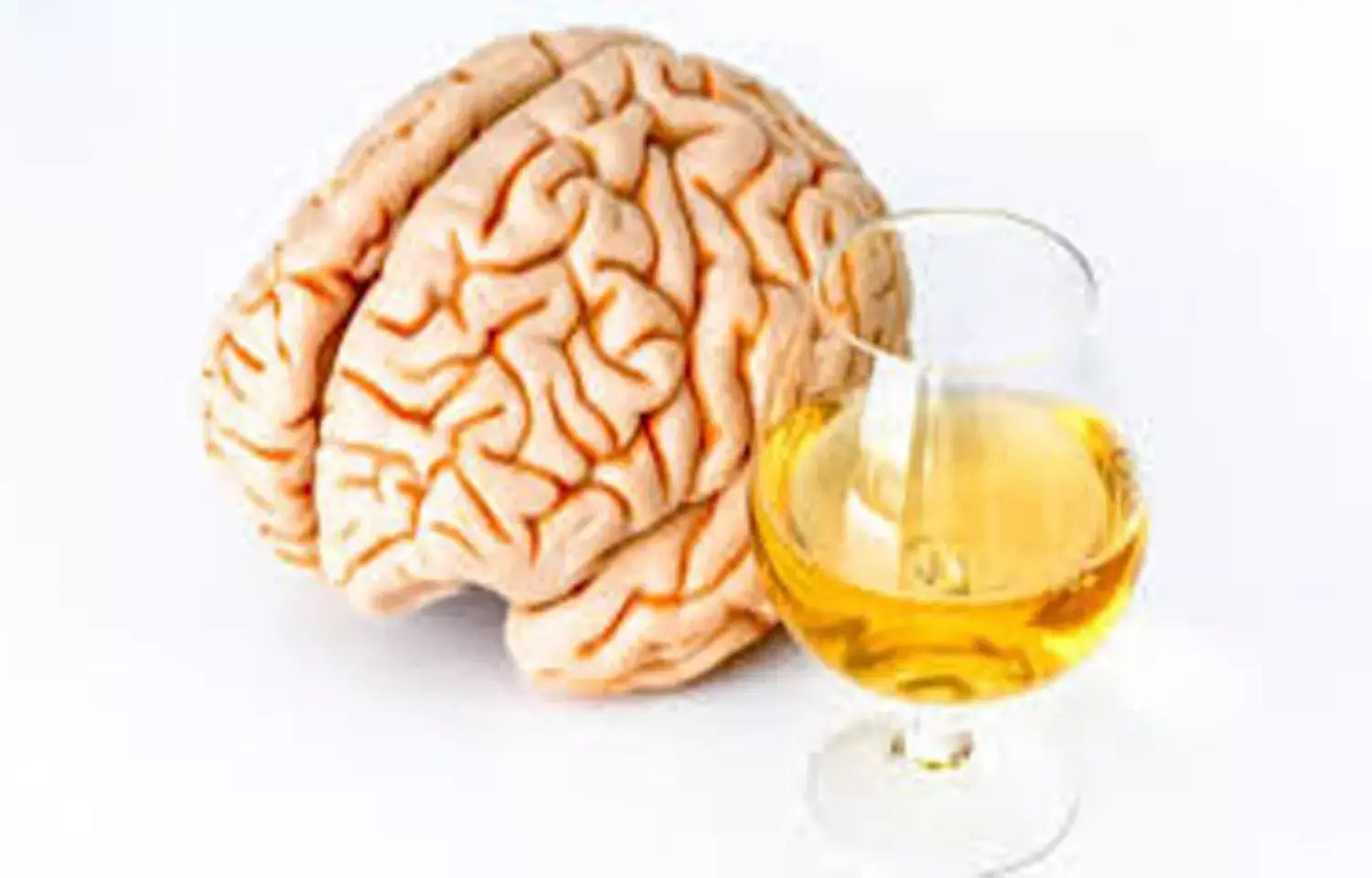- Home
- Medical news & Guidelines
- Anesthesiology
- Cardiology and CTVS
- Critical Care
- Dentistry
- Dermatology
- Diabetes and Endocrinology
- ENT
- Gastroenterology
- Medicine
- Nephrology
- Neurology
- Obstretics-Gynaecology
- Oncology
- Ophthalmology
- Orthopaedics
- Pediatrics-Neonatology
- Psychiatry
- Pulmonology
- Radiology
- Surgery
- Urology
- Laboratory Medicine
- Diet
- Nursing
- Paramedical
- Physiotherapy
- Health news
- Fact Check
- Bone Health Fact Check
- Brain Health Fact Check
- Cancer Related Fact Check
- Child Care Fact Check
- Dental and oral health fact check
- Diabetes and metabolic health fact check
- Diet and Nutrition Fact Check
- Eye and ENT Care Fact Check
- Fitness fact check
- Gut health fact check
- Heart health fact check
- Kidney health fact check
- Medical education fact check
- Men's health fact check
- Respiratory fact check
- Skin and hair care fact check
- Vaccine and Immunization fact check
- Women's health fact check
- AYUSH
- State News
- Andaman and Nicobar Islands
- Andhra Pradesh
- Arunachal Pradesh
- Assam
- Bihar
- Chandigarh
- Chattisgarh
- Dadra and Nagar Haveli
- Daman and Diu
- Delhi
- Goa
- Gujarat
- Haryana
- Himachal Pradesh
- Jammu & Kashmir
- Jharkhand
- Karnataka
- Kerala
- Ladakh
- Lakshadweep
- Madhya Pradesh
- Maharashtra
- Manipur
- Meghalaya
- Mizoram
- Nagaland
- Odisha
- Puducherry
- Punjab
- Rajasthan
- Sikkim
- Tamil Nadu
- Telangana
- Tripura
- Uttar Pradesh
- Uttrakhand
- West Bengal
- Medical Education
- Industry
BP Drug prazosin eases recovery for those with severe alcohol withdrawal

New Haven, Conn - A drug once used to treat high blood pressure can help alcoholics with withdrawal symptoms reduce or eliminate their drinking, Yale University researchers report Nov. 19 in the American Journal of Psychiatry.
In a double-blind study, researchers gave the drug prazosin or a placebo to 100 people entering outpatient treatment after being diagnosed with alcohol use disorder. All of the patients had experienced varying degrees of withdrawal symptoms prior to entering treatment.
According to the researchers, subjects with more severe symptoms -- including shakes, heightened cravings and anxiety, and difficulty sleeping -- who received prazosin significantly reduced the number of heavy drinking episodes and days they drank compared to those who received a placebo. The drug had little effect on those with few or no withdrawal symptoms.
"There has been no treatment readily available for people who experience severe withdrawal symptoms and these are the people at highest risk of relapse and are most likely to end up in hospital emergency rooms," said corresponding author Rajita Sinha, the Foundations Fund Professor of Psychiatry, a professor of neuroscience, and director of the Yale Stress Center.
Prazosin was originally developed to treat high blood pressure and is still used to treat prostate problems in men, among other conditions. Previous studies conducted at Yale have shown that the drug works on stress centers in the brain and helps to improve working memory and curb anxiety and craving.
Sinha's lab has shown that stress centers of the brain are severely disrupted early in recovery, especially for those with withdrawal symptoms and high cravings, but that the disruption decreases the longer the person maintains sobriety. Prazosin could help bridge that gap by moderating cravings and withdrawal symptoms earlier in recovery and increasing the chances that patients refrain from drinking, she said.
One drawback is that in its current form prazosin needs to be administered three times daily to be effective, Sinha noted.
Hina Zahid Joined Medical Dialogue in 2017 with a passion to work as a Reporter. She coordinates with various national and international journals and association and covers all the stories related to Medical guidelines, Medical Journals, rare medical surgeries as well as all the updates in the medical field. Email: editorial@medicaldialogues.in. Contact no. 011-43720751
Dr Kamal Kant Kohli-MBBS, DTCD- a chest specialist with more than 30 years of practice and a flair for writing clinical articles, Dr Kamal Kant Kohli joined Medical Dialogues as a Chief Editor of Medical News. Besides writing articles, as an editor, he proofreads and verifies all the medical content published on Medical Dialogues including those coming from journals, studies,medical conferences,guidelines etc. Email: drkohli@medicaldialogues.in. Contact no. 011-43720751


